How our communities and local relationships can foster connection and social health, a pillar of health, well-being and longevity.
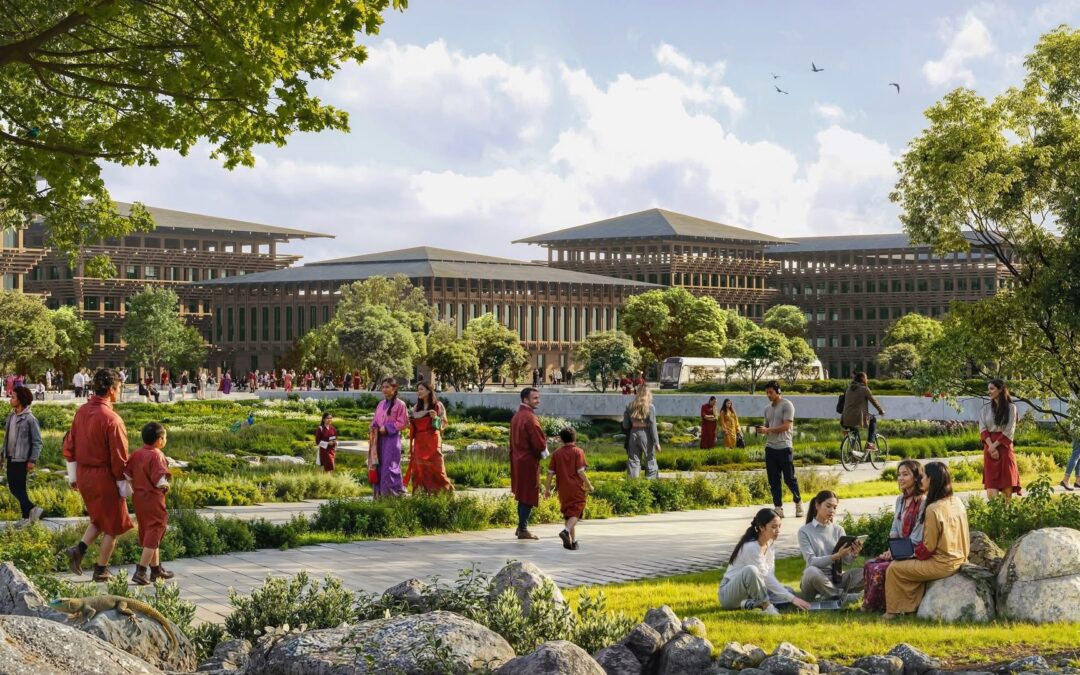

How our communities and local relationships can foster connection and social health, a pillar of health, well-being and longevity.
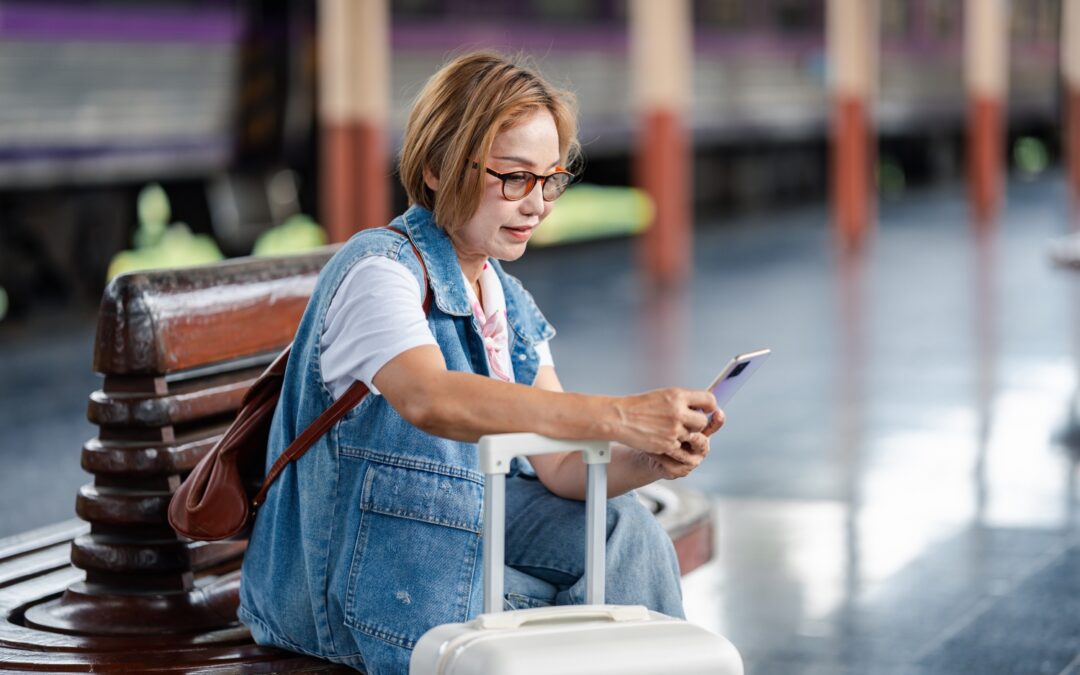
How we build belonging into digital spaces.
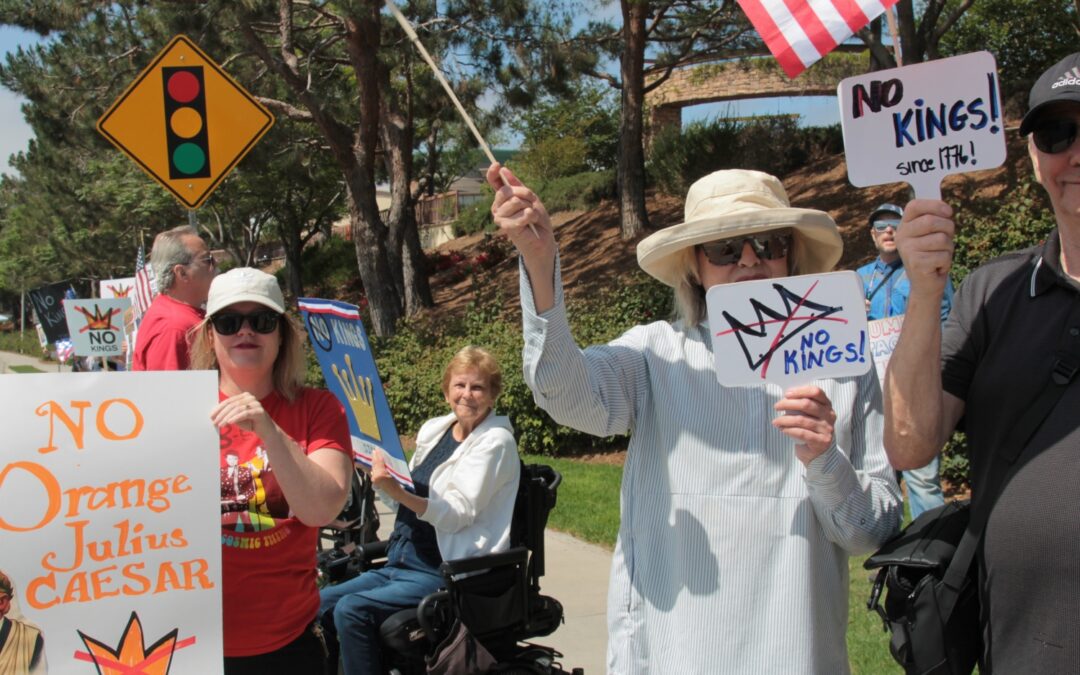
Shaped by the Civil Rights movement, Vietnam and Watergate, they’re back in force with no intention to stop until they succeed.
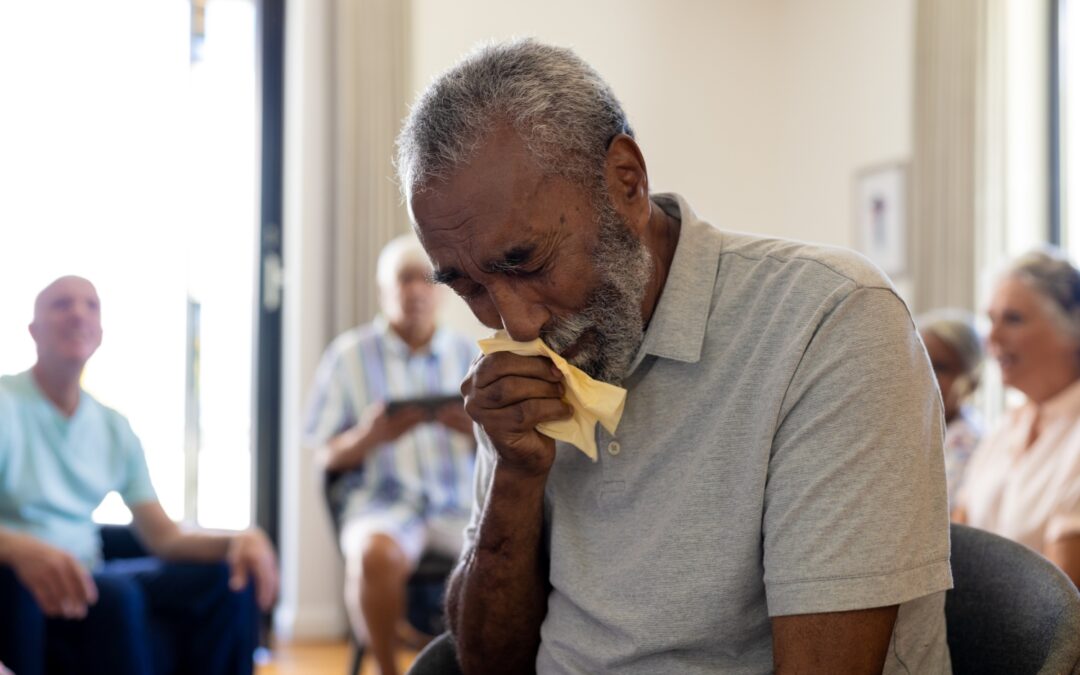
Empowering all to practice person-centered, trauma-informed care for older adults.

How retired NHLers stay healthy for their later years.
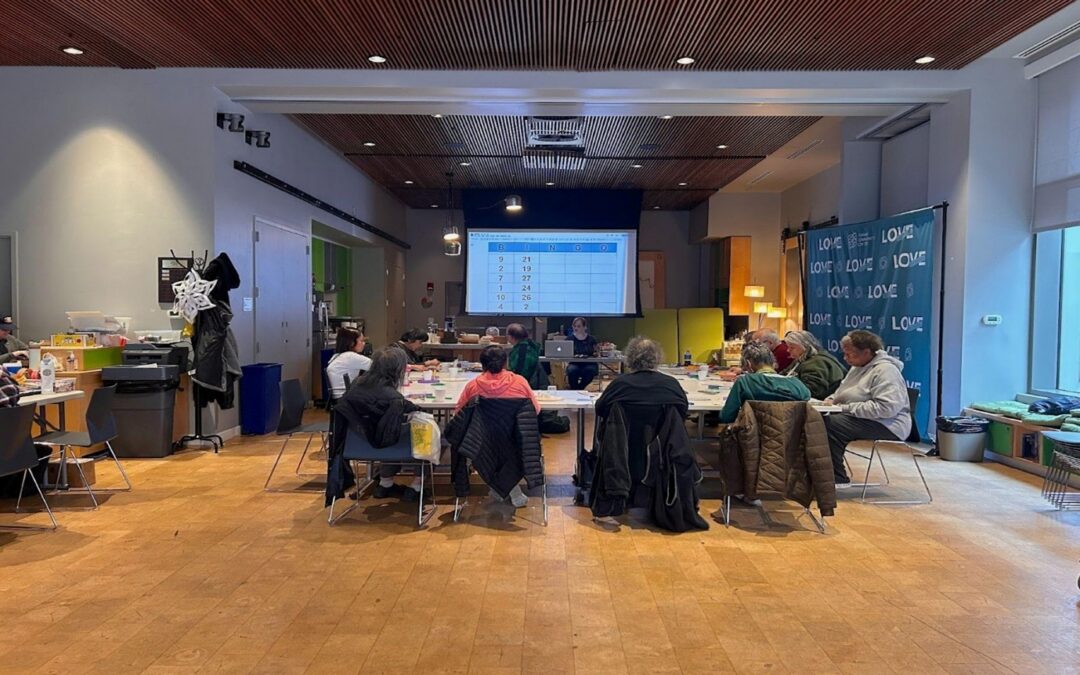
When isolation does not define retirement.
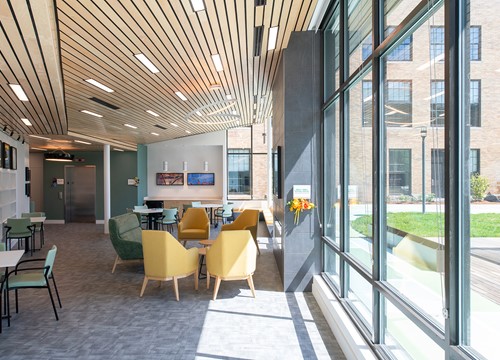
Affordability, unity and companionship are built into this LGBTQ+ welcoming senior housing development in Boston.
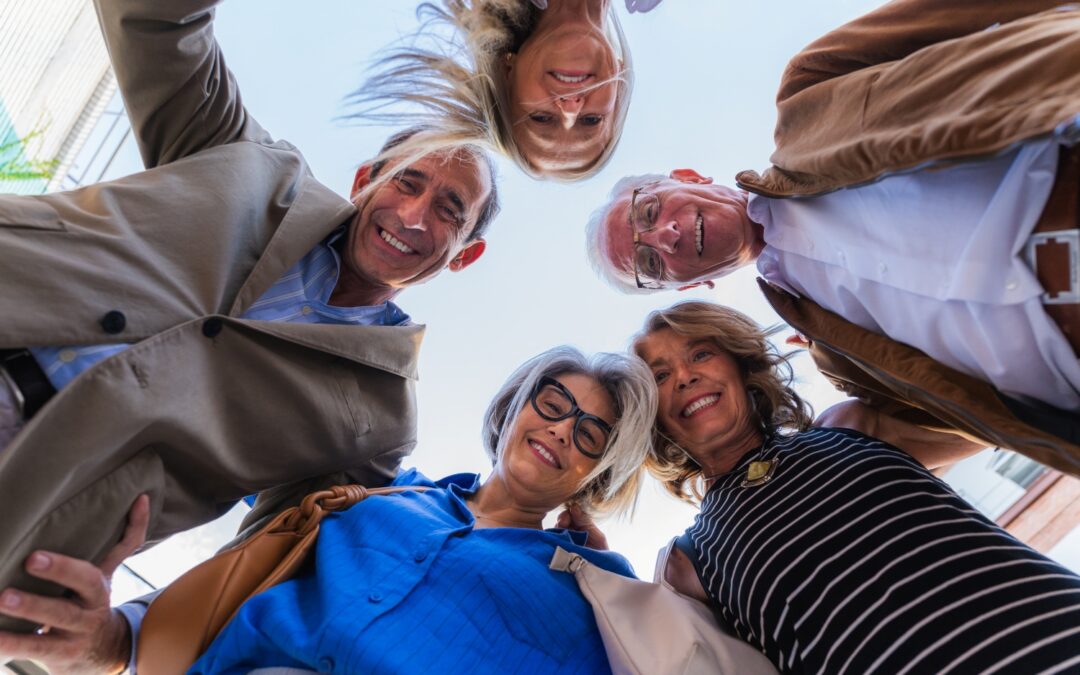
A policy argument for social health in aging.
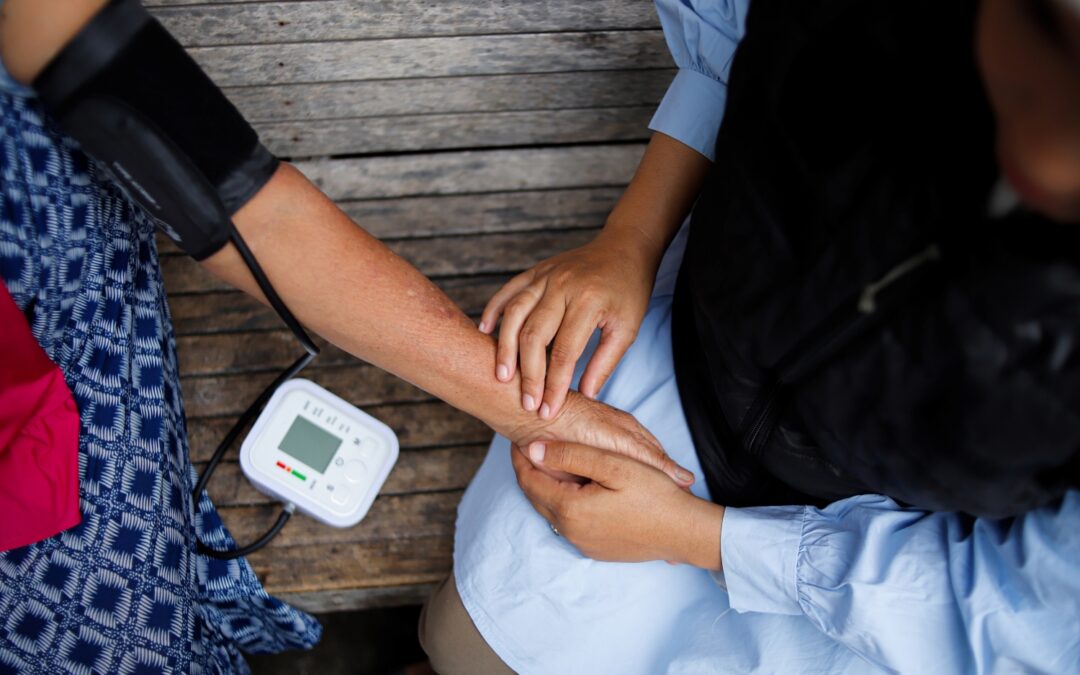
The RHTP must be paired with durable reforms to ensure rural Americans have reliable access to care for years to come.
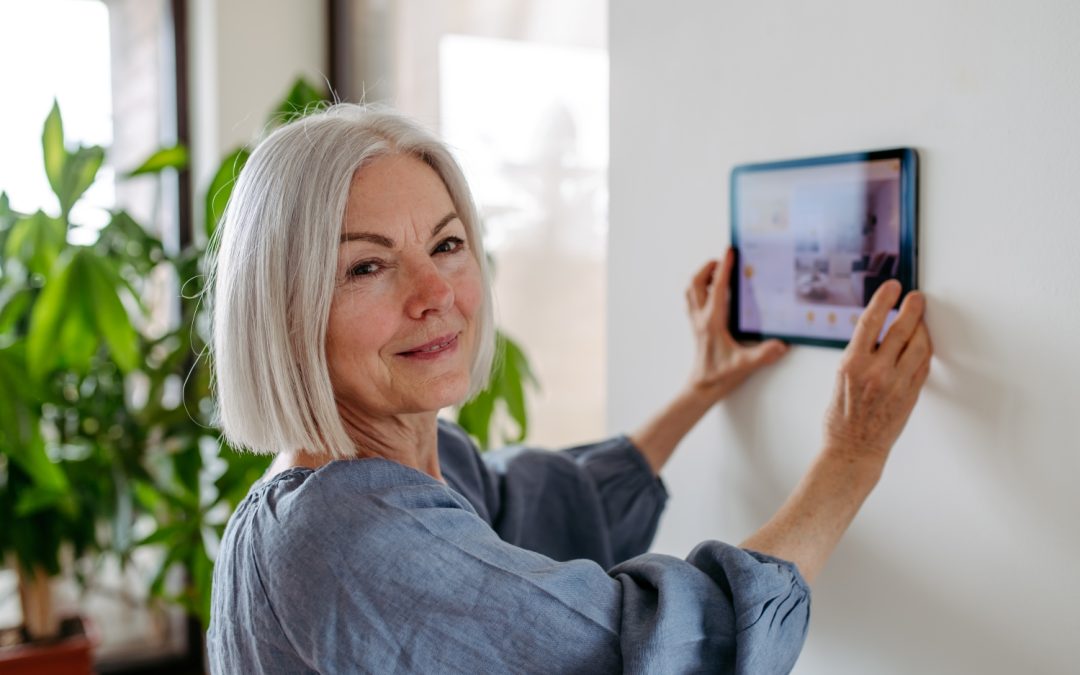
As Medicare funding declines, tech innovators should bring prices more in line with consumer needs.
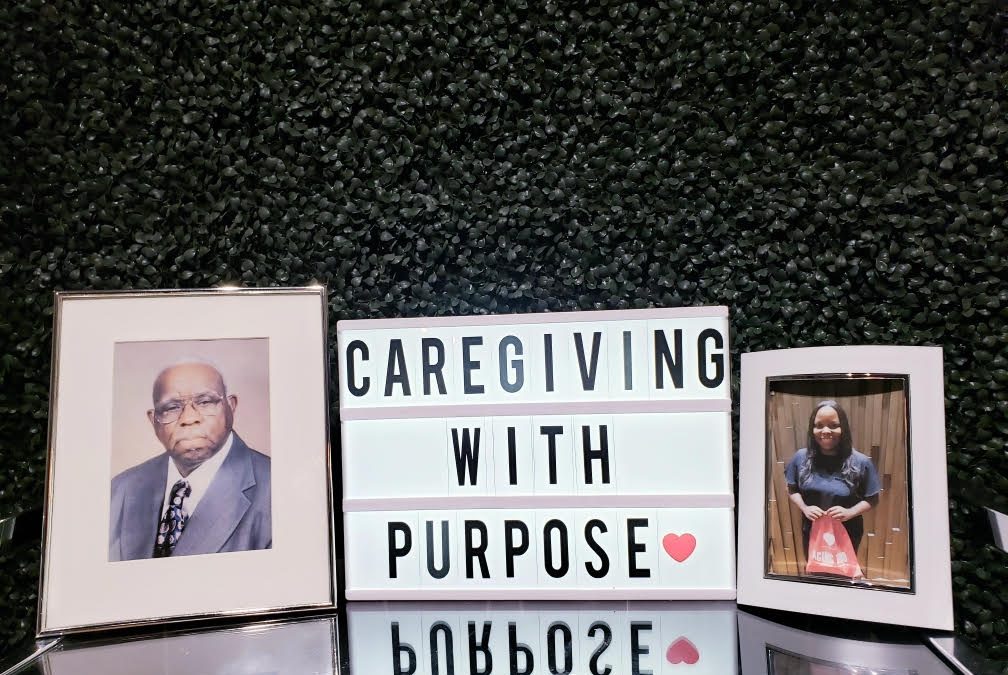
On how one caregiver’s experience taught her how to live.

How older adults should be working with younger people in the fight to protect workers from the AI incursion.
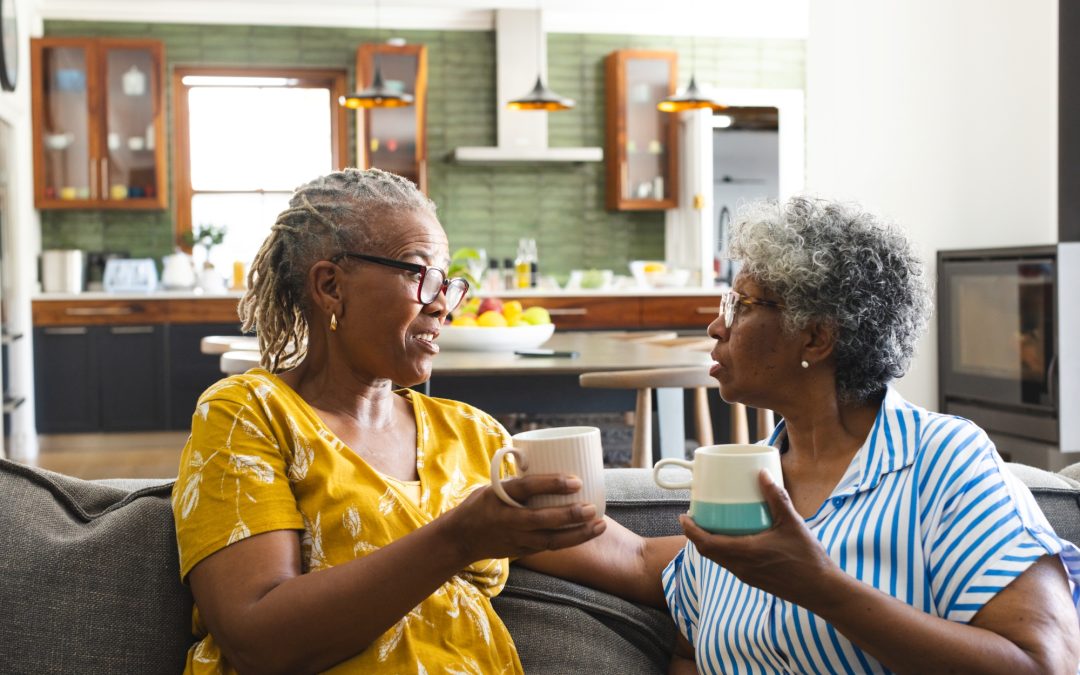
Centering Black women’s economic security, honoring elders, and ensuring dollars and dignity flow forward are all key to such reimagining.
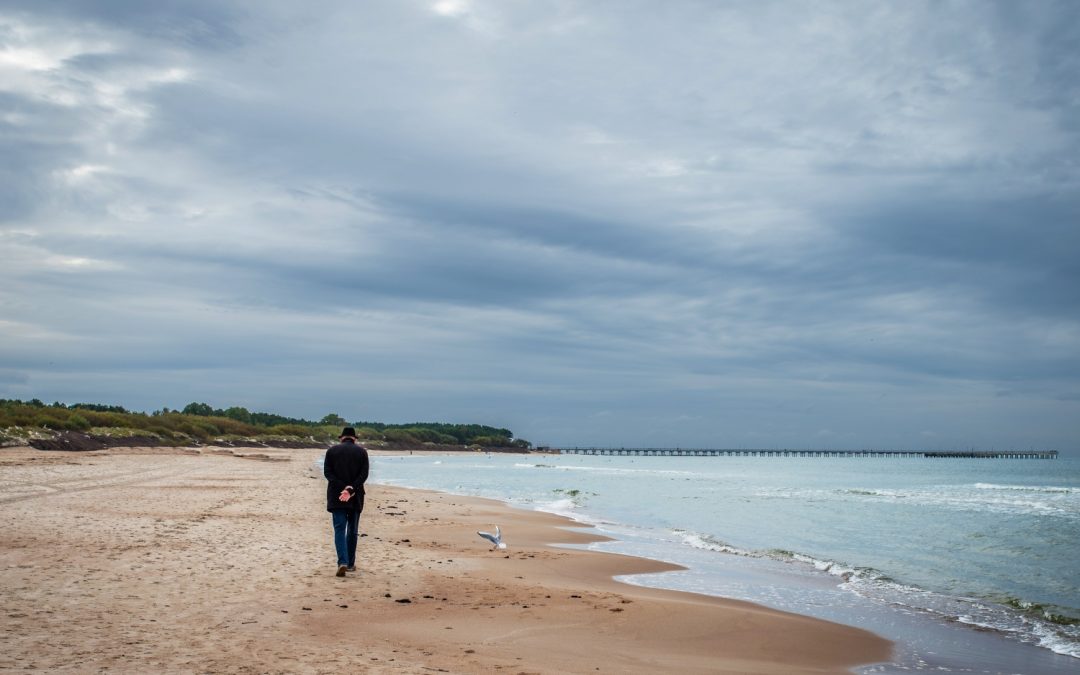
Friendly Visitors program provides path to form a friendship and stave off social isolation.
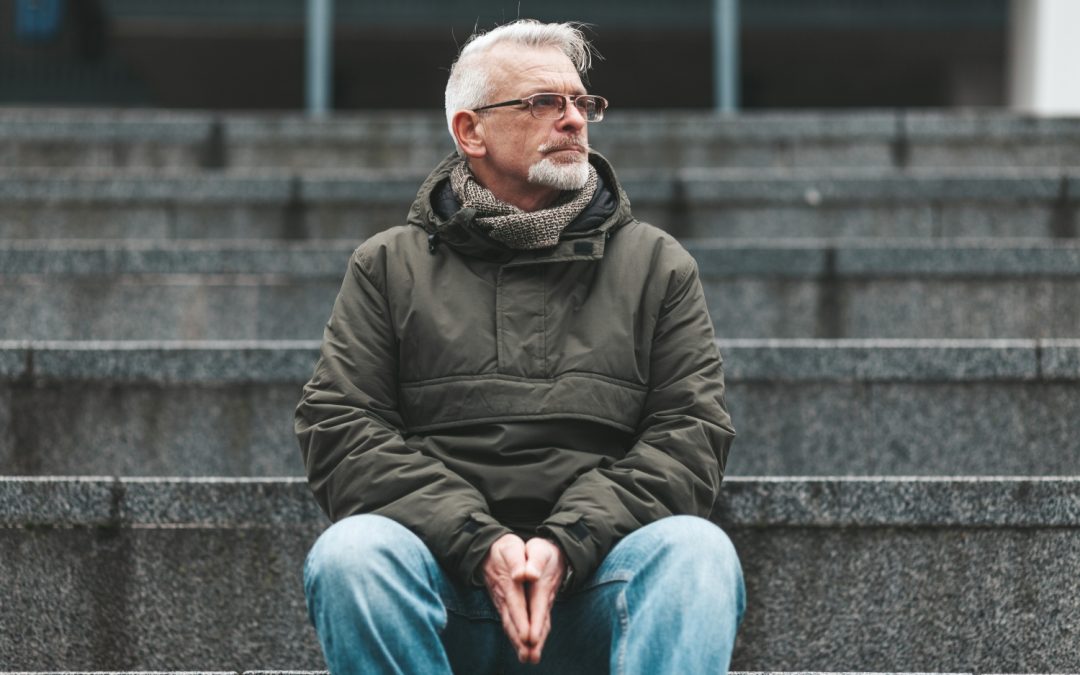
Experts explain how rejecting the fear of missing out can improve the quality of our lives.
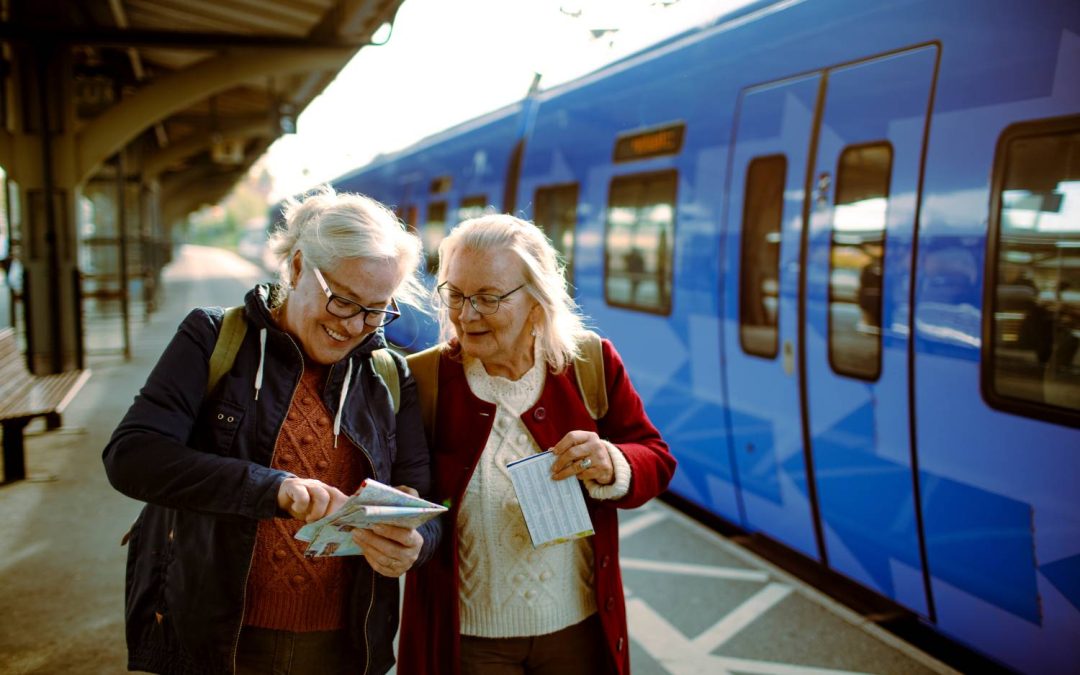
It’s all about envisioning one’s dreams and figuring out how best to act on them.

Providing a framework on food choices for optimal dietary quality.
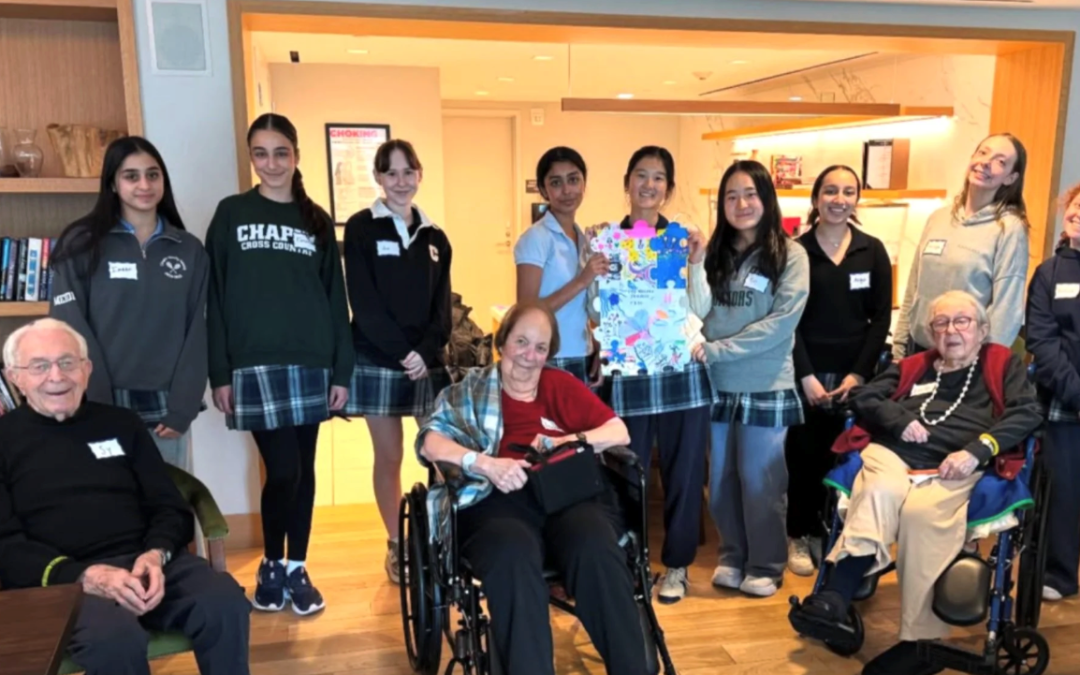
How community-based interventions to tackle loneliness can decrease the risk of neurodegeneration among older adults.
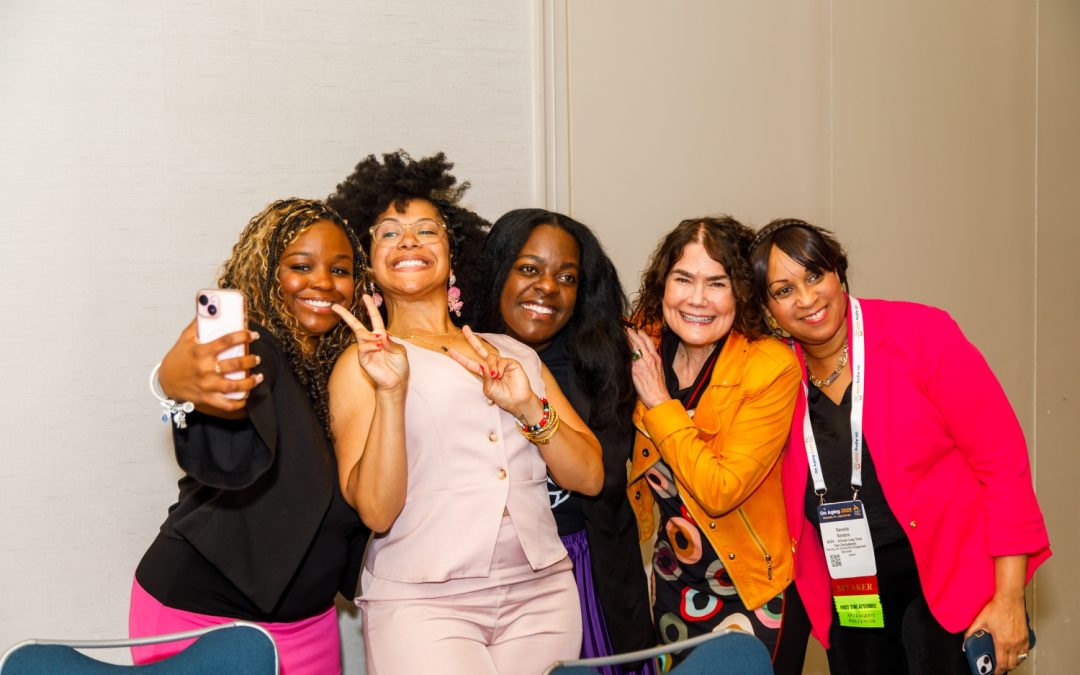
Creating the Expanding Age Advocacy guide held lessons in accurately capturing real-life narratives and why this can foster action.
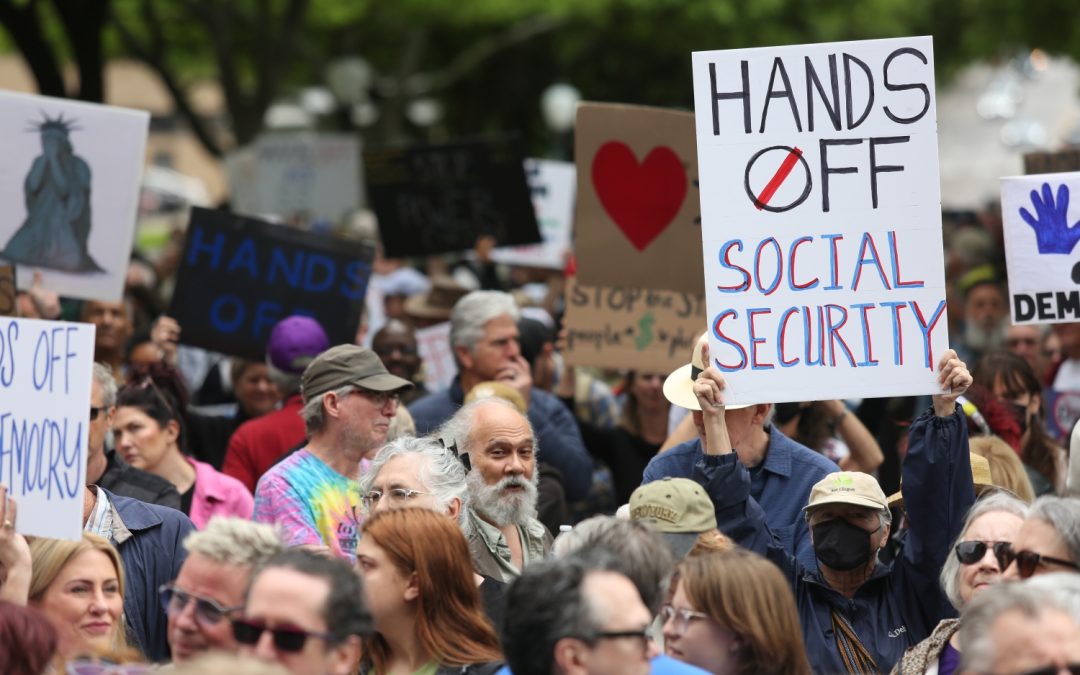
A precious monument to Social Security and a plea for policy attention.